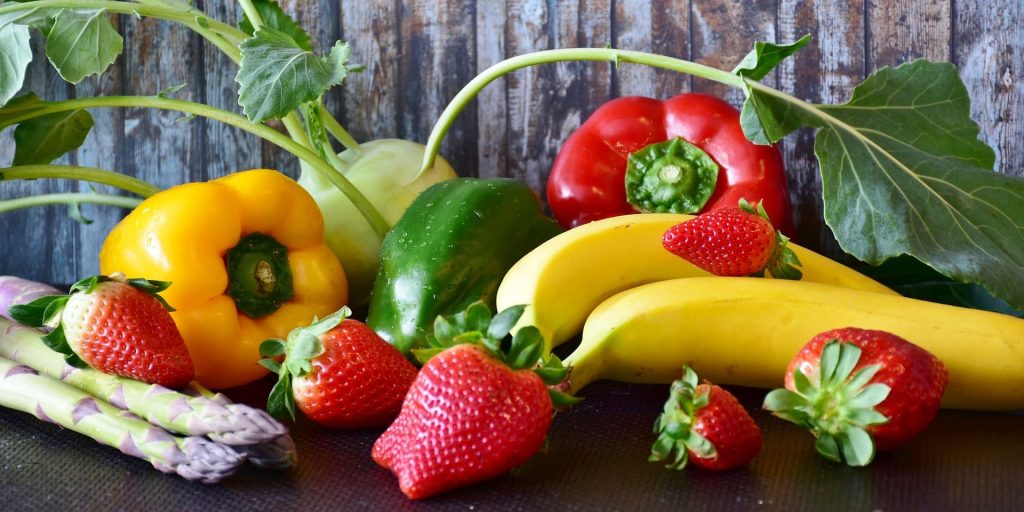

An American study stated that middle-aged men who eat a lot of vegetables and fruits may be less likely to experience cognitive problems in later years, compared to those who do not eat this type of food a lot.
The researchers followed about 28,000 men over two decades, with an average age of 51 years. Once every four years, participants completed a questionnaire about their consumption of fruits, vegetables and other foods. They also underwent tests of thinking and memory skills when they turned 73.
Based on the results of these tests, the researchers found that at the end of their seventies, men who ate the most vegetables over the previous two decades were 17% less likely to experience cognitive problems than others, while they were 34% less likely to have serious cognitive problems than men whose food was Contains less vegetables.
The team said in the Journal of Neurology that fruit consumption did not appear to affect the chances of developing mild cognitive problems, but that men who drank more orange juice were 47% less likely to experience severe cognitive disorders than those who drank the least.
“Long-term intake of greens (such as leafy greens and red vegetables), fruits (such as berries) and fruit juice (such as berries) and fruit juices (such as berries) and fruit juices may be more likely,” lead study author Zhang Qingyuan of the Chan School of Public Health in Boston noted by email. (such as orange juice) is beneficial for subjective cognitive functions in late life.”
Hannah Gardner, a researcher at the University of Miami Miller School of Medicine, who was not involved in preparing the study, also pointed out that “fruits and vegetables are rich in vitamins and nutrients, including antioxidants, which can protect the brain from oxidative stress and maintain the efficiency of blood vessels, which are important for mental health. “.











